The auto industry is shifting gears fast, and not every brand is keeping up. Between the electric vehicle (EV) revolution, tightening regulations, and fierce global competition, some carmakers are running out of road. If you’re a car buyer, investor, or just a curious gearhead, knowing which brands are on the brink can help you make smarter decisions. This list isn’t about doom and gloom. It’s about staying informed in a rapidly evolving market. So, which car brands will disappear entirely by 2030? Here are some of my predictions.
1. Chrysler: A Legacy Brand Running on Fumes
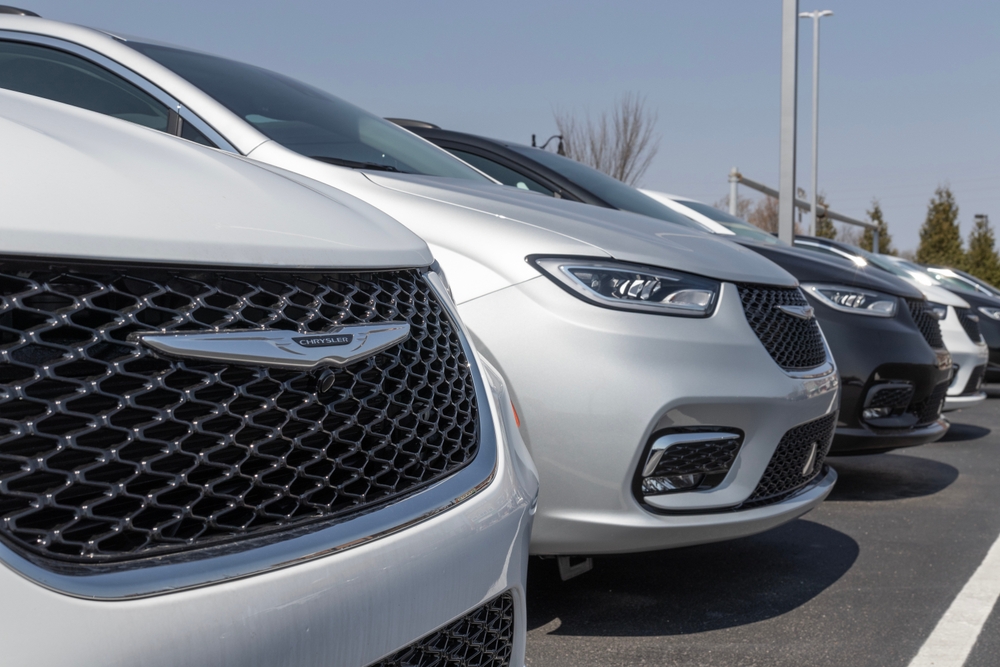
Chrysler was once a titan of American automotive innovation, but it’s been on its way out for a while. The carmaker manufactured two of the worst cars in history (the PT Cruiser and Town & Country). Now, with just one model in its lineup (the Pacifica minivan), Chrysler lacks the diversity and innovation needed to compete. Sales have plummeted by 80% in the last 20 years and 44% in the last five.
Parent company Stellantis has shifted focus to other brands like Jeep and Ram, leaving Chrysler in the shadows. Despite promises of an all-electric future, there’s little evidence of meaningful investment in revitalizing the brand. Unless a major turnaround happens soon, Chrysler could quietly exit the stage.
2. Mitsubishi: Fading Fast in a Crowded Market
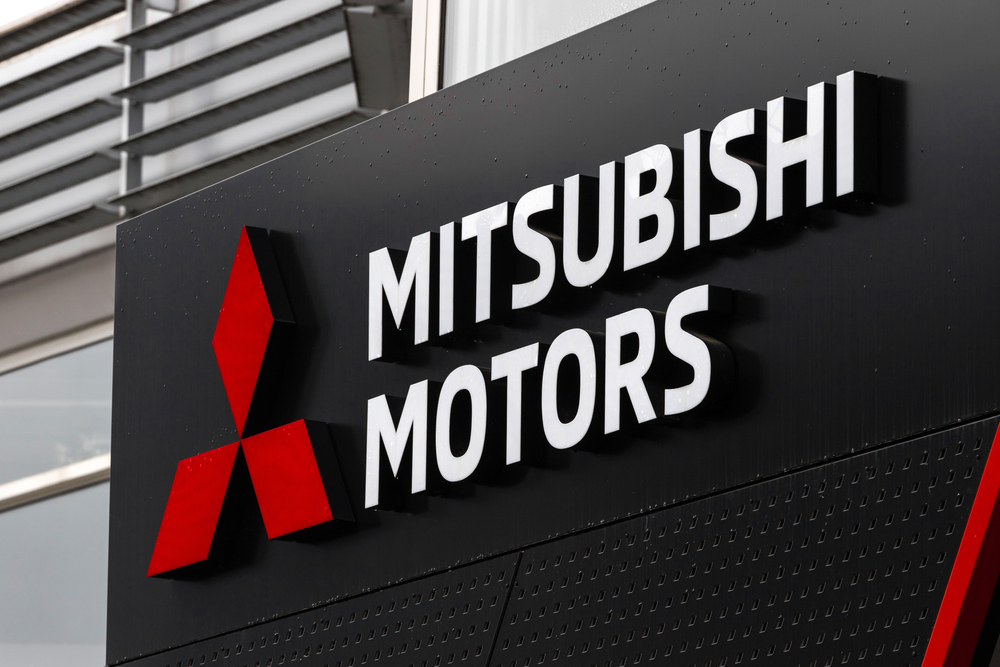
Mitsubishi’s U.S. presence has been shrinking for years, and its global relevance is slipping too. Once known for sporty models like the Eclipse and Lancer Evolution, the brand now relies heavily on outdated crossovers and budget sedans. And they are being outdone by other carmakers who just do it better. Last year, Mitsubishi only sold around 87,000 cars. Those are numbers Toyota achieves in a single week.
Sales have declined steadily, and its limited lineup struggles to stand out in a saturated market. While Mitsubishi is part of the Renault-Nissan alliance, it hasn’t benefited much from that partnership in terms of innovation or visibility. Without a bold new direction, Mitsubishi may soon bow out of key markets altogether.
3. Infiniti: Luxury Without a Clear Identity
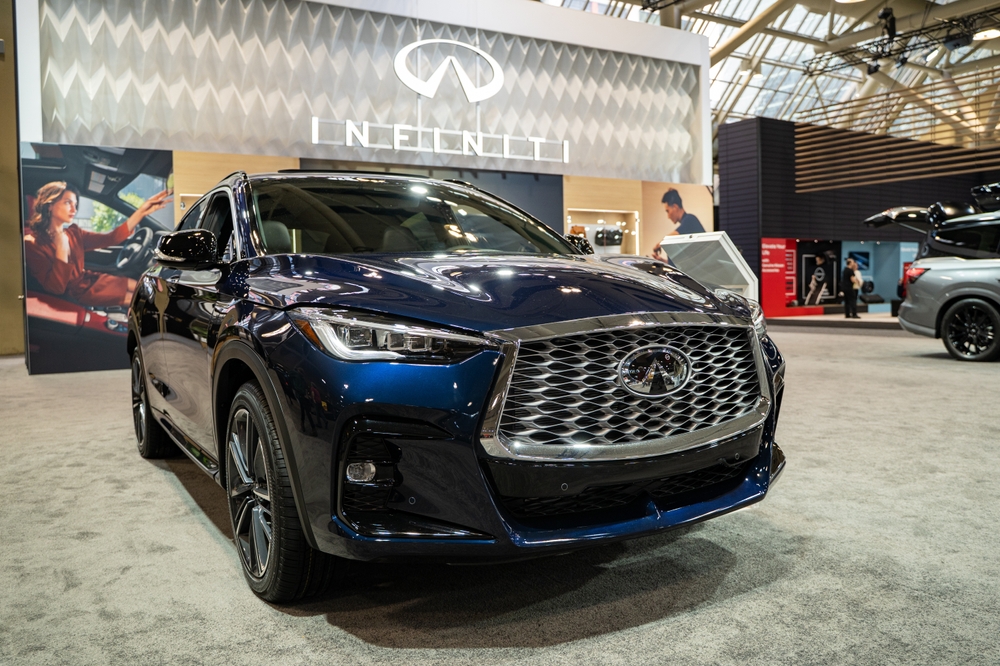
Infiniti, Nissan’s luxury division, has long struggled to define itself against competitors like Lexus, BMW, and Audi. Its vehicles often lack the refinement, tech, and performance that luxury buyers expect. Sales have plummeted in recent years, and the brand has pulled out of several international markets.
Even with a few EV concepts in the pipeline, Infiniti’s future feels uncertain without a compelling brand story or standout models. If Nissan doesn’t invest heavily in a rebrand, Infiniti could quietly disappear from showrooms.
4. Lucid Motors: Big Dreams, Bigger Burn Rate
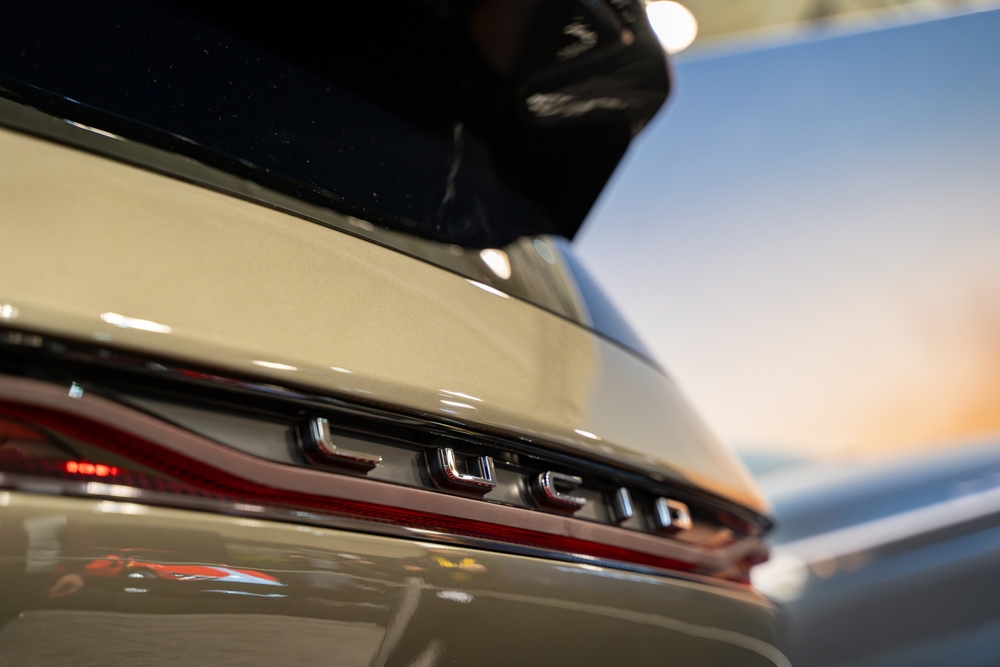
Lucid entered the EV race with high hopes and sleek designs, but reality has hit hard. Despite critical acclaim for the Lucid Air, the company has struggled with production delays, high costs, and limited consumer adoption. Its stock has tumbled, and questions about long-term viability are growing louder.
The luxury EV space is brutally competitive, and Lucid lacks the scale and infrastructure of giants like Tesla or Mercedes. Ultimately, they aren’t able to get the momentum they need and without it, they won’t get anywhere. Not to mention, without a major cash infusion or strategic pivot, Lucid may not survive the next five years.
5. Fiat: Charming, But Not Competitive
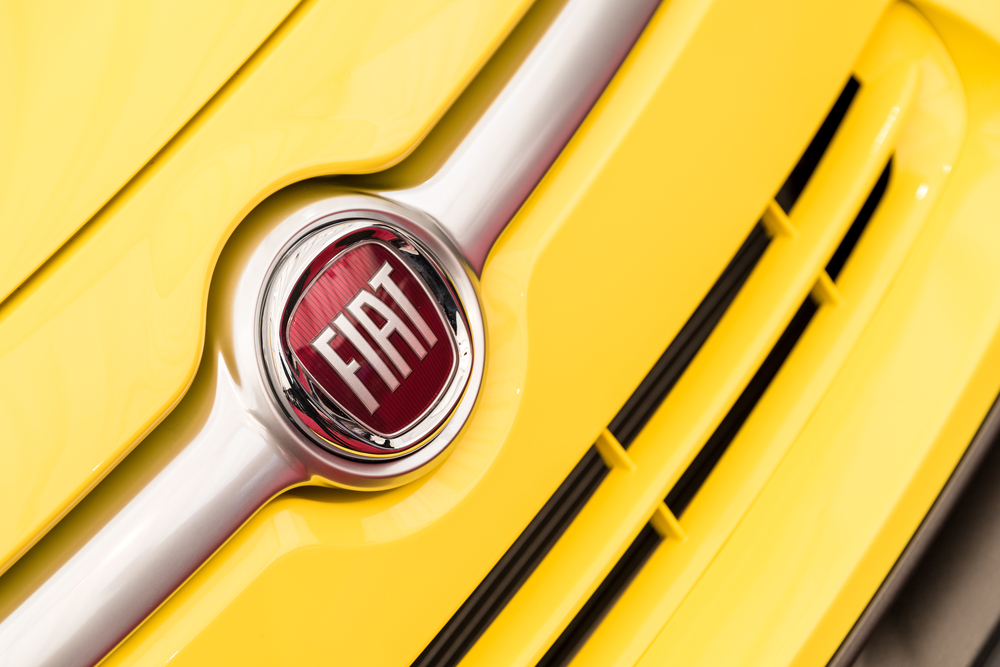
Fiat’s quirky charm hasn’t translated into sustained success in the U.S. or many global markets. The brand’s small cars, like the 500 and Panda, face declining demand as consumers shift toward crossovers and EVs. Fiat’s U.S. lineup has been reduced to a single model, and even that sees minimal sales. In fact, the company only sold 1,528 vehicles nationwide in 2024.
Chrysler and Fiat share their parent company, Stellantis, which appears more focused on brands with stronger global appeal, like Peugeot and Citroën, and Jeep and Ram here stateside. Unless Fiat reinvents itself quickly, it risks becoming a nostalgic footnote in automotive history.
The Road Ahead: Adapt or Disappear
The next five years will be a defining chapter for the auto industry, and not every brand will make it. Legacy automakers must embrace electrification, innovation, and brand clarity to stay relevant. Meanwhile, newer players need more than hype. They need scale, trust, and staying power. For consumers, this means being more discerning about where you put your money and loyalty. The brands that survive will be the ones that evolve, not the ones that rest on past glory.
Which of these brands do you think still has a fighting chance, or is there another you’d add to the list? Drop your thoughts in the comments!
What to Read Next
- One Car Brand Mechanics Warn You to Avoid at All Costs
- 5 Car Brands Mechanics Respect the Most
- The 4 Car Brands I’d Buy As a Former Mechanic
- 8 Car Brands Men Should Avoid at All Costs
- Why Mechanics Secretly Hate Working on Certain Car Brands
The post 5 Car Brands That Will See Their Way Out in the Next 5 Years appeared first on Clever Dude Personal Finance & Money.







